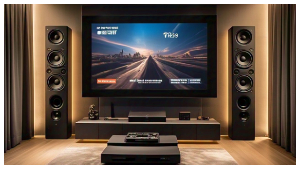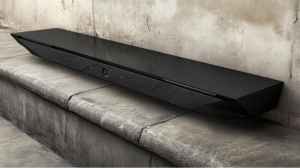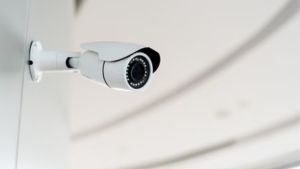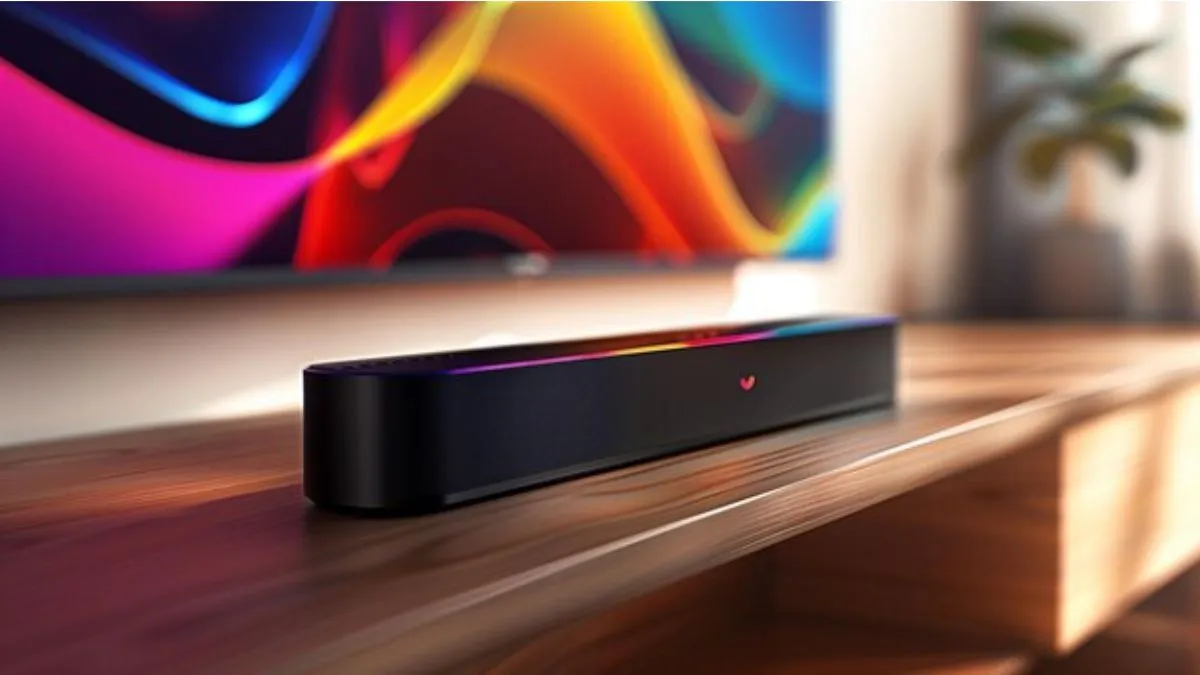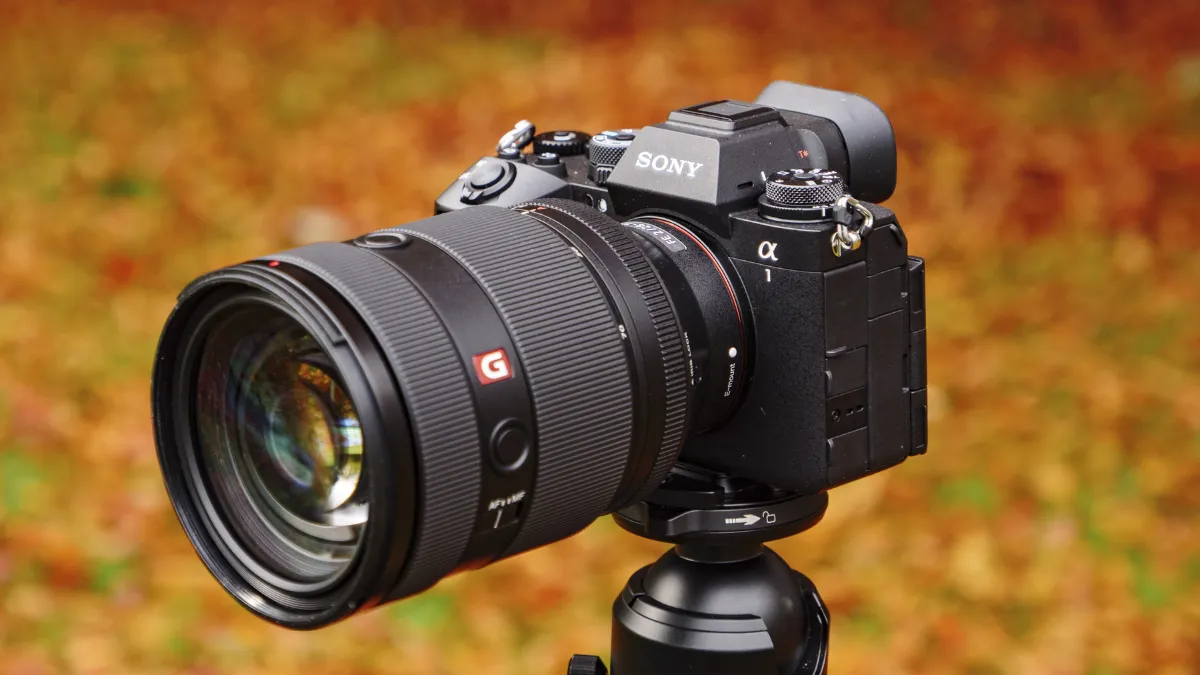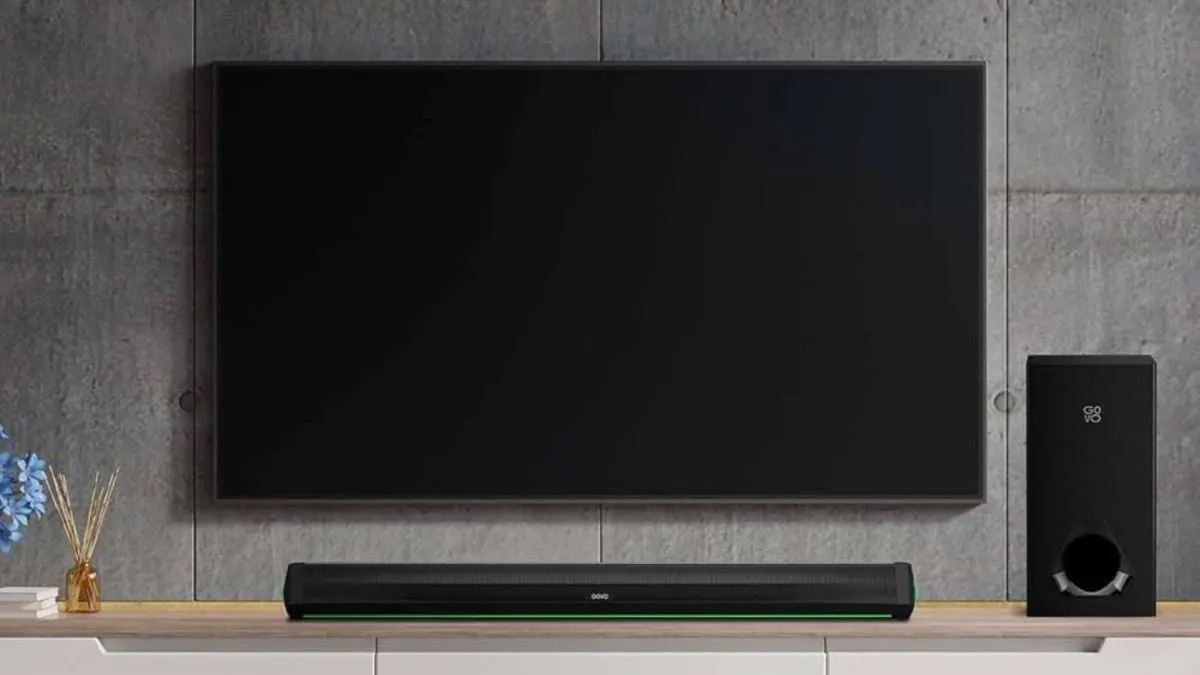Accounting professionals rely heavily on powerful software, such as QuickBooks and Sage, as well as advanced Excel models, which require significant computing resources. Making the right decision for the right high-end laptop is important for seamless operation, efficient data processing, and maintaining productivity.
To make your task easier, here we will explore the essential specifications and features to look for in laptops capable of handling these demanding tasks without lag or compromise. From processor power and ample RAM for multitasking, to rapid solid-state storage for quick file access, and a comfortable user interface for prolonged work, we will delve into the top considerations. Understanding these requirements will empower accountants to select the best for their gadgets zone that not only meets current needs but also future-proofs their workflow, ensuring accuracy and speed in their daily financial operations.
What are the Key Specs to Look for in a Laptop for Accounting Professionals?
For accounting professionals, key laptop specs include a powerful processor (Intel Core i7/i9, AMD Ryzen 7/9, or Apple M-series) for complex calculations and multitasking. At least 16GB of RAM is essential for running multiple demanding applications simultaneously. A fast 512GB+ Solid State Drive (SSD) ensures quick data access and system responsiveness.
A high-resolution display (Full HD or higher, preferably 15.6 inches or larger) is crucial for viewing large spreadsheets and reports clearly. A comfortable keyboard, ideally with a numeric keypad, significantly boosts data entry efficiency. Strong security features (fingerprint reader, encryption) are vital for protecting sensitive financial data, and reliable battery life supports mobility.
What Security Features are Important in a Laptop Used for Accounting?
Accounting laptops handle sensitive financial data, so it is important to look at security features to save the laptop from cyber threats and unauthorised access. You should look for:
- Full Disk Encryption (FDE): Tools like BitLocker (Windows) or FileVault (macOS) encrypt the entire hard drive, rendering data unreadable if the laptop is lost or stolen.
- Multi-Factor Authentication (MFA): Beyond passwords, MFA (e.g., fingerprint reader, facial recognition, or a separate code from a phone app) adds an essential layer of security for logging in to the laptop and critical accounting software.
- Strong Antivirus/Anti-Malware: Real-time protection against viruses, ransomware, and other malicious software is crucial. Regular updates are vital.
- Firewall: A well-configured firewall acts as a barrier, controlling incoming and outgoing network traffic to prevent unauthorised access.
- Secure Wi-Fi (VPN): When working remotely or on public Wi-Fi, a Virtual Private Network (VPN) encrypts internet traffic, protecting data from snooping.
- Regular Software Updates: Keeping the operating system and all software up-to-date patches vulnerabilities that hackers could exploit.
- Physical Security: Features like a Kensington lock slot help prevent physical theft of the device.
Read More:
Which Gaming Laptop Is Best Under Rs 80,000?
What Are The Best Alternatives To MacBook For Coding Under 50000?
Disclaimer: At Jagran, we prioritize providing the up-to-date information on the latest trending commodities and goods. This Article is written and vetted by our in-house category authors in sync with the Google guidelines on product reviews and shoppable content. Jagran is in an associate partnership, so we may earn a part of the revenue when you make a purchase. We shall not be liable for any claim under applicable laws, including but not limited to the Consumer Protection Act, 2019, concerning the products. The products listed in this article are in no particular order of priority.

